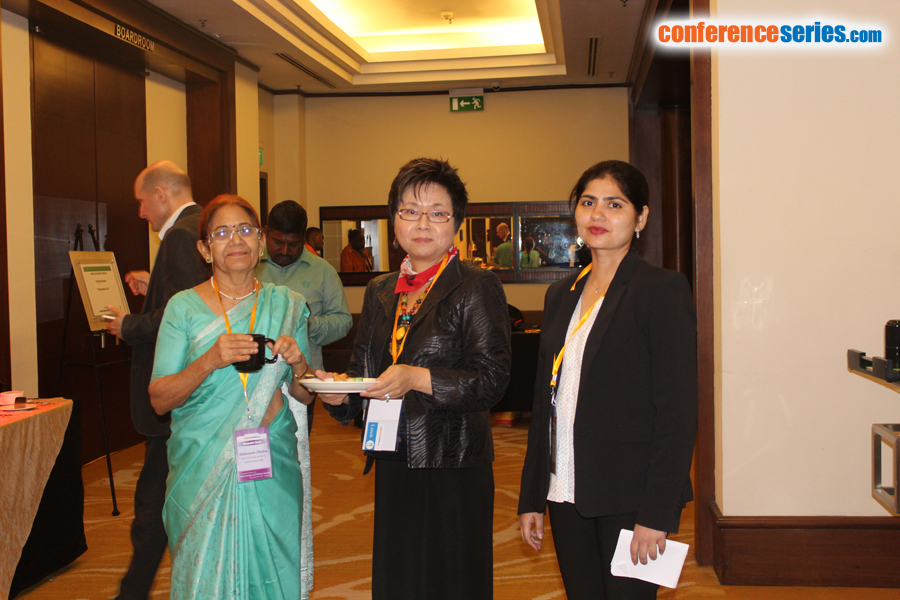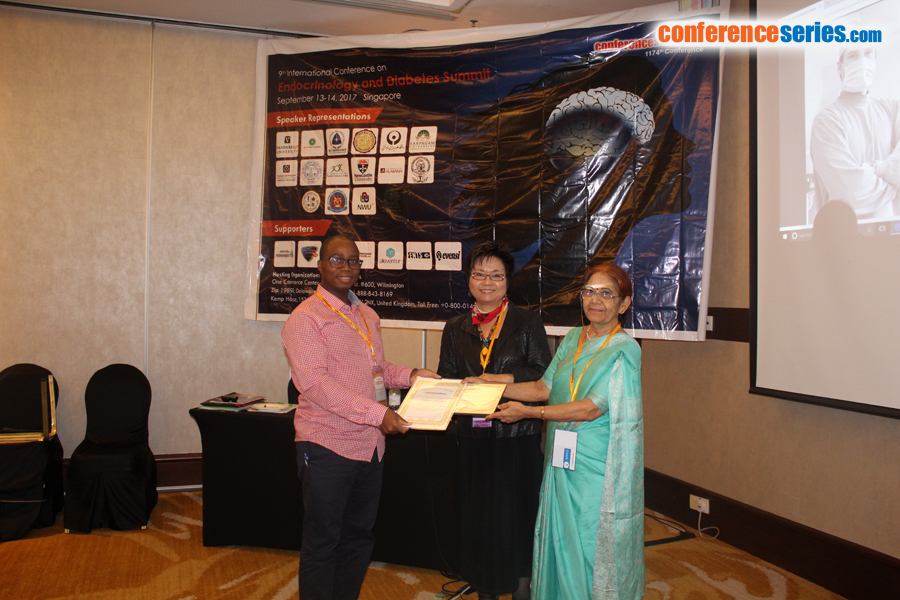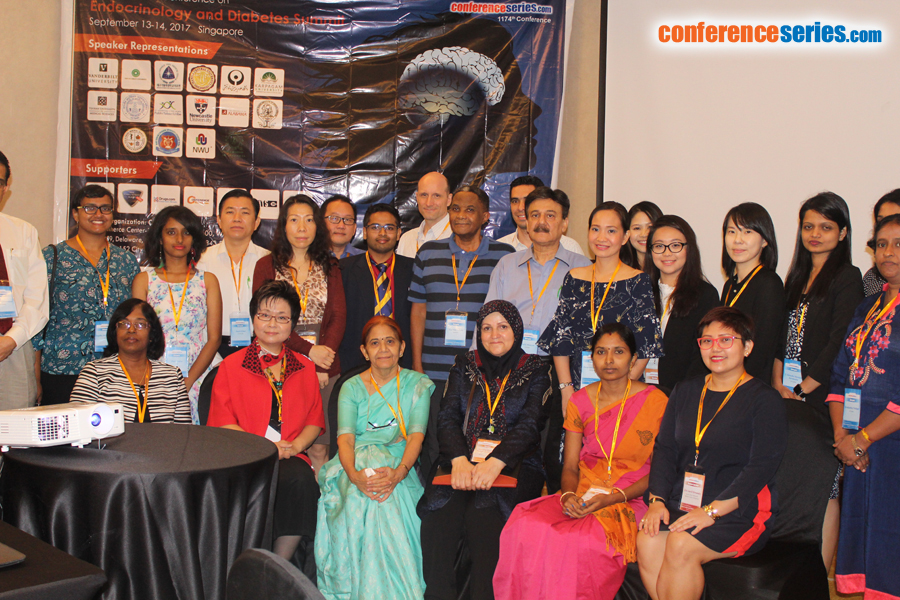
S Chhabra
Mahatma Gandhi Institute of Medical Sciences, India
Title: Polycystic ovarian syndrome: A misnomer, a disease of dilemmas
Biography
Biography: S Chhabra
Abstract
There is a lot of information about polycystic ovarian syndrome in adolescents, young women but scarce about PCOS in adult, perimenopausal women. Symptoms vary because of multiorgan/multisystem involvement. Hirsutism, menstrual irregularities, male-pattern balding, acanthosis nigricans, sleep apnea obesity, insulin resistance, hyperinsulinemia, polycystic ovaries, overproduction of ovarian androgens, luteinizing hormone are common, with risk for hypertension, cardiovascular disease, diabetes mellitus, endometrial carcinoma. Some researchers believe that PCOS disappears around menopause, but it is not. PCOS might persist or occurs in adult perimenopasual women. May be it is an autosomal dominant disorder with hypersensitive intra-ovarian-insulin-androgen signaling disturbances, hyperandrogenism and reduced insulin sensitivity. Hyperinsulinemia stimulates lipid storage, alters triglycerides, low-density lipoprotein and cholesterol. Sex hormone binding globulins are elevated. Elevated serum leptin and insulin with obesity suggest linkage. Relation with anti-Mullerian hormone which might be responsible for abnormalities has not been studied well. Obesity is of android type with waist-hip ratio >0.8. It is more difficult to diagnose, because menstrual abnormalities are common and PCO might not be present. Fasting glucose insulin ratio is popular diagnostic. Etiology is not known, prevention has limitations. Therapy is symptomatic mainly preventive. Not much is known about efficacy of oral contraceptive pills in adult and perimenopausal women. Insulin-sensitizing agents might ameliorate IR, endocrine, metabolic abnormalities. Metformin does not increase insulin secretion, chances of hypoglycemia. Education about prevention of obesity, diabetes, cardiovascular, endometrial cancer helps. Weight loss helps in many ways. Long-term follow-up is essential.






